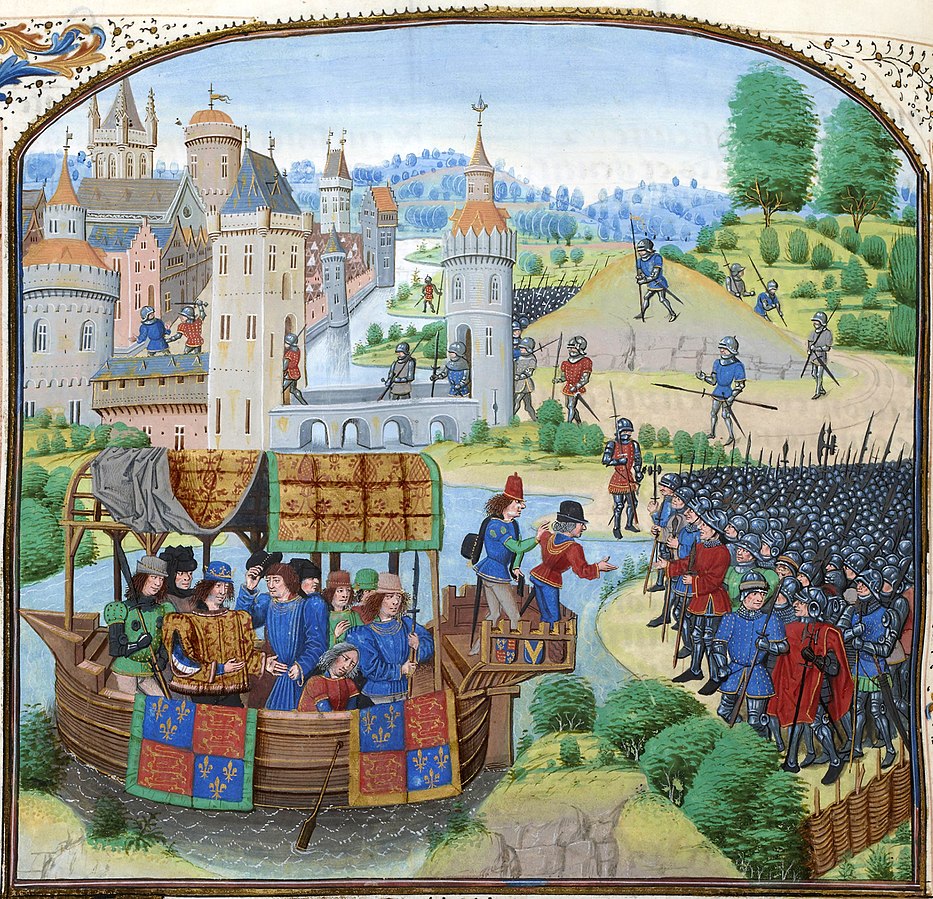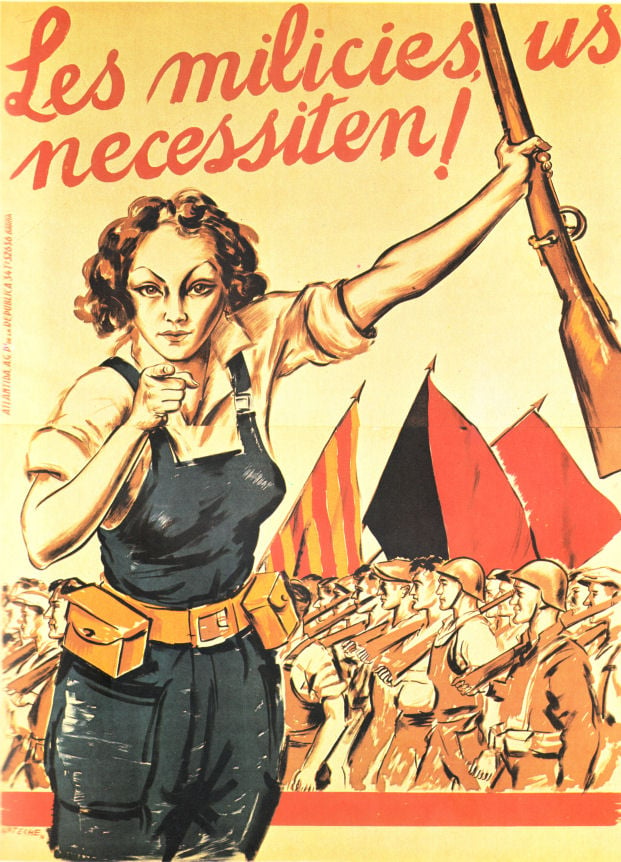Peasants’ Revolt Begins (1381)
Wed May 30, 1381

Image: An illustration of King Richard II meeting with rebels on June 14th, 1381, from a 1470s copy of Jean Froissart’s “Chronicles” [Wikipedia]
On this day in 1381, the Peasants’ Revolt in England began, leading to a period of open rebellion in which peasants, demanding less taxes and an end to serfdom, opened the prisons, executed government officials, and destroyed the Savoy Palace.
Although the revolt had many causes, it began when John Bampton, a royal official, attempted to collect unpaid poll taxes in Essex on May 30th, 1381. He was met with violent resistance, which rapidly spread across the southeast of the country.
Inspired by the sermons of the radical cleric John Ball, an army of rebels led by Wat Tyler marched on London. There, they were joined by many locals, and together they attacked gaols, executed government officials, and destroyed government property.
On June 14th, King Richard II met with the rebels, submitting to most of their demands, including the abolition of serfdom. The following day, however, he took back these concessions and killed Wat Tyler.
Unrest continued for weeks afterward, but the rebels were crushed by state forces. Most of the rebel leaders were tracked down and executed. By November, at least 1,500 rebels had been killed. The revolt heavily influenced the course of the Hundred Years’ War, by deterring later Parliaments from raising additional taxes to pay for military campaigns in France.
- Date: 1381-05-30
- Learn More: en.wikipedia.org, www.bbc.co.uk.
- Source: www.apeoplescalendar.org

